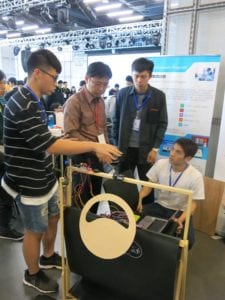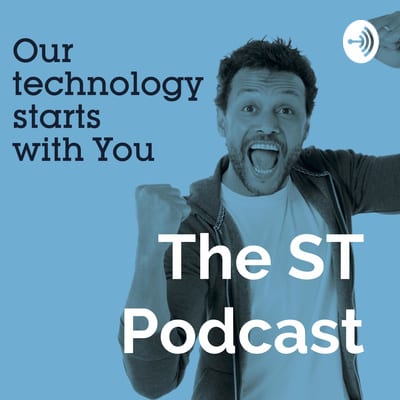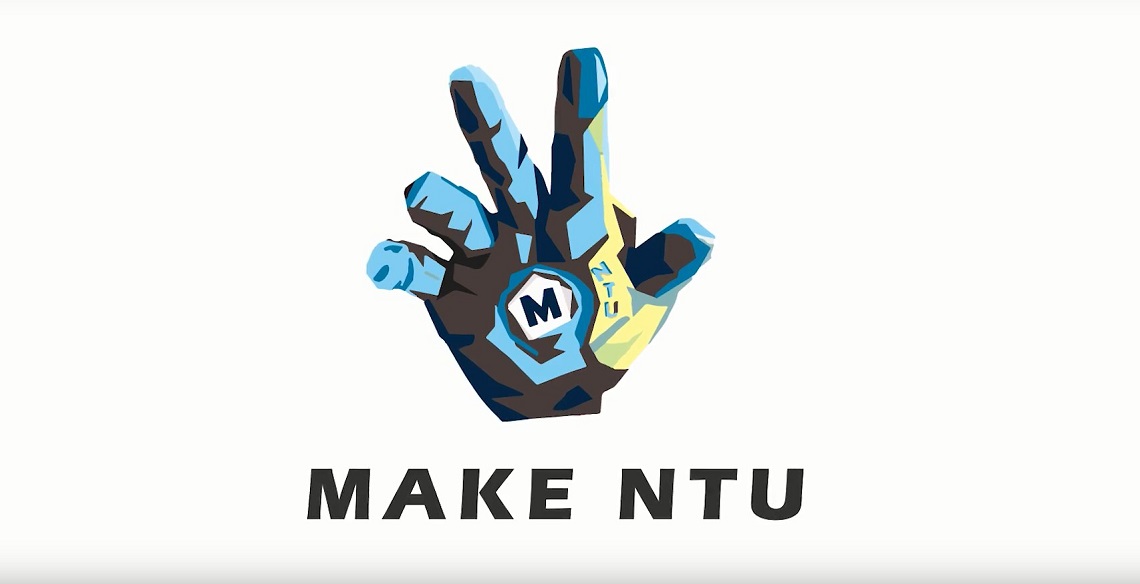Artificial intelligence (AI) may soon disrupt many industries. Technology advancement has now enabled AI as a foundation for development, with both industrial and academic communities making significant progress in recent years.

At the third-annual MakeNTU, held by the National Taiwan University’s Department of Electrical Engineering, the focus was on “AI Insight” as a theme and NTU invited students from colleges around Taiwan to participate in a Hackathon. ST was there, offering its leadership in MCUs, Sensors, Connectivity, and Power and Power management for the IoT and contributed considerable hardware and technical support to the competitors. In particular, for 2018 MakeNTU, ST provided its STM32F207, STM32L072 and STM32429I-EVAL MCUs and development kits. Four teams designed and built their creations around ST products.
ST Senior Marketing Manager Jason Yang said: “Four teams used ST MCUs in their projects and they created compelling work. We judged these projects for ST Awards on the completeness and integrity of their systems.”
National Taiwan University of Science and Technology was crowned the 2018 winner of the ST Corporate Award and was presented with an NT$50,000 prize. The four-member team used Google’s voice technology and two self-built AI models to develop a smart kitchen oven enabled by a smart voice assistant. The voice assistant could search recipes for particular ingredients, recommend recipes, and answer questions about the recipes. Then the AI modules in the application could control the smart oven or other appropriately equipped kitchen appliances to cook the food. Yang said the team pushed the STM32s’ abilities hard and their system delivered top-class performance in its communications, display, control, and all other aspects.
Honorable mentions
The other three applications were also extremely well done. Another team, from National Taiwan Univerity of Science and Technology, used ST products in a smart driver-assistance system. They installed a range of different sensors on and in front of the vehicle’s driver’s seat. These sensors detect the weight of a driver to know they’re seated and then alert an alcohol-detection sensor in front of the seat to test the driver’s sobriety. Then, if the driver passes the test, the system uses an image sensor confirm the driver’s identity through facial recognition, before allowing them to start the car. The image sensor also keeps track of the driver’s pupils throughout their journey to confirm they are keeping their eyes on the road. This team used ST’s STM32L496 for server control and communication transfer.
A third team, from NTU, used an ST MCU to control motors in a smart vending machine. Applying AI and an image sensor in an apparel-delivering machine, the application detected the shoppers’ body types to allow them to select the products they’d consider purchasing on a touch screen and have the machine match the clothes choice to the shoppers’ body types. This application shows images on the screen so consumers can see how the products would look on them. If the consumer completed the purchase, another ST MCU controlled the motors to deliver the right products from the vending machine.
Last, but not least, a team from National Chiao Tung University designed a hat able to guide people without sight using environmental sensors. The team combined software/hardware systems with the controlling capabilities of an STM32F207 and built a hat that detected the environment and obstacles with image sensors. The MCU transformed the detected information into voice instructions with the goal to improve the lives of people with little or no sight.
2018 MakeNTU brought together teams of students from colleges around Taiwan. With a focus on creativity, techniques, and software-hardware integration, the participants worked non-stop for 24-hours to show their talent in software and craftsmanship. More than an R&D leader in the global semiconductor industry, ST is also an avid supporter of innovation and will continue to sponsor appropriate, related events to make a better world.




